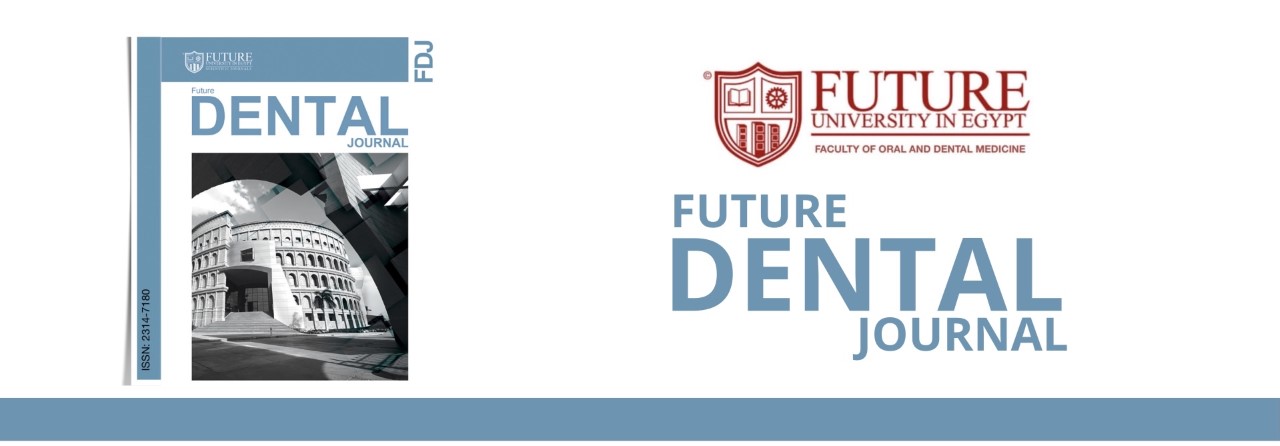
Abstract
A successful life like dental ceramic restoration should be able to blend harmoniously with the adjacent natural teeth. This could be achieved by mimicking and duplicating the natural teeth color, translucency, as well as the surface characterization of natural teeth. Shade matching is an important and a difficult task in mimicking natural teeth that usually leads to unreliable and inconsistent results. Still, a small percent of human teeth shade cannot be matched by available commercial shade guides. The presence of a chair side CAD/CAM system in the dental office eliminates the presence of laboratory steps and hence saving time and cost, but at the same time it deprives the dental office from gaining benefit of the laboratory technician skills and expertise. Thus the clinician has to gain more knowledge and acquire more skills about how to finish, characterize and stain ceramic restorations. Clinicians are also required to develop methodologies that remain practical and enable them to deliver to their patients a successful life like ceramic restoration that blends harmoniously with the adjacent natural teeth. The “Triple R” protocol suggested by the author consists of three steps 1) Recognize 2) Record and 3) Replicate. This protocol identifies the most common color shapes and provides the clinician with guidelines that increase his ability to customize ceramic restorations intraorally. It also highlights the importance of extending the replication of tooth shade beyond the limitations of the present commercial shade guides.
Recommended Citation
S. EL-Etreby A. Intraoral characterization of monolithic ceramics: The “Triple R” protocol. Future Dental Journal. 2020; 4(2):268-273.

